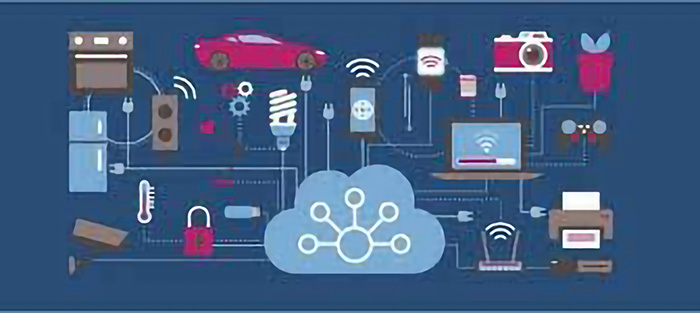I recently attended the BoxWorks 2013 Summit where Box announced a number of new tools and features around collaboration. The discussions and positioning around this collaborative technology reminded me of a lesson learned in early groupware experiments – if a technical solution doesn’t align with the way people actually work, it will not be adopted.
The simplest example is a workflow automation that should, in theory, reduce errors and increase productivity. But if it doesn’t take into account the occasional coffee machine conversations, the habits of one user who likes to do things in a batch and another who likes to do things immediately, and other social implications, it may not be successful.
BoxNotes, a collaborative text editor with support for rich media objects and tight integration with Box, was announced at the conference. The feature with the most buzz was the ability for two or more people with shared access to a file, to do real-time simultaneous editing. Each user’s edits are tied to a nice photo-icon in a left rail and there are features to allow commenting and annotating of selected text. For Box users, the access to the beta can be requested at www.box.com/notes.
The application is a great addition to the Box family and will get a lot of use, but several speakers talked about how this was the obvious and clear way that groups should work together. Comparisons were made to the ‘old school’ techniques of sending email with document attachments and the implication was that if you are not doing real-time editing to collaborate – you are not doing it right.
The problem is that’s just not the way everyone works. Research projects in Computer Supported Cooperative Work (CSCW) have consistently demonstrated that social factors must also be taken into account. For example:
What is the time pressure to produce the final result?Are the schedules of the authors, reviewers and editors aligned- especially in a global world?Are there different personalities in the group, some dominating, some shy, some who react instantly, some who need and want to give more thought?Is the collaboration a democracy? How are conflicts resolved? Documents by committee can be as bad as architecture by committee.Have the team members agreed on a real-time ‘etiquette’? Dealing with real-time changes in multiple places in the document can be confusing to most users.Has the team worked together on a similar project previously? Teams work together in different ways on different projects. Situational consideration is important.
In the real world, a mix of collaboration techniques will usually result in better overall outcomes – the proverbial right tool for the right job. An ideal collaborative document application would be one that integrates asynchronous email document exchanges, synchronous chats and ‘pass the baton’ collaborative editing, and a final real-time collaborative review of the finished product. Not surprisingly, this is exactly what Open-Xchange delivers to it’s hosting and service provider customers.
Kudos to Box for delivering an innovative real-time collaboration application. But even great collaborative technologies will not be adopted, if they do not align with the way people actually work.





